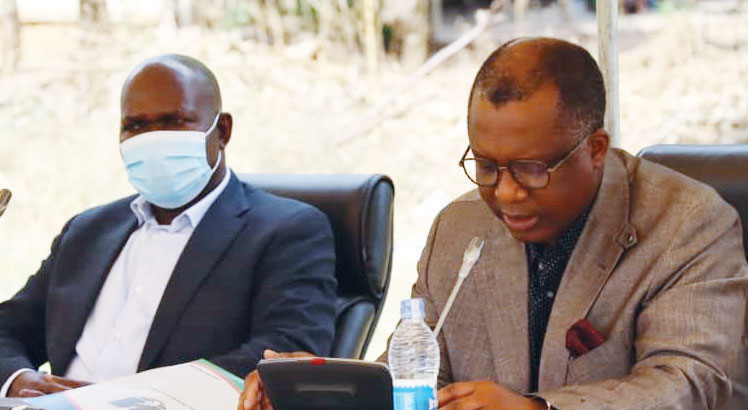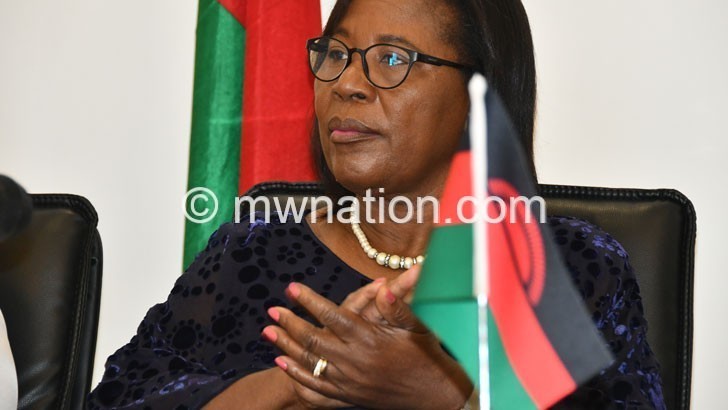Public to pay 35 more MPs
Taxpayers should brace themselves to pay for additional 35 legislators starting from 2025 following a Malawi Electoral Commission (MEC) resolution to increase constituencies from the current 193 to 228. In announcing the outcome of the constituency and ward boundary redemarcation exercise at a press conference in Lilongwe yesterday, MEC chairperson Chifundo Kachale said the Northern Region will have 37 constituencies from the current 33, an increase of four.
He said the Central Region will have 20 new constituencies from 73 to 93 while the Southern Region will have 98 constituencies, a jump of 11 from 87.
The expansion, once approved by Parliament, will have a significant economic bearing as each member of Parliament (MP) receives around K2.2 million monthly package, excluding allowances.

During the briefing, Kachale, a judge of the High Court of Malawi, justified the expansion.
He said it was necessitated by geographical features and land size, among other factors, following the consultations the commission conducted nationwide with chiefs, politicians and civil society organisations, among other stakeholders.
Kachale said : “ The commission had to make a final determination on the
number of constituencies per council through a deliberative process which considered the following equally relevant factors: geographical features, ease of communication and administrative authorities.”
Que r i ed on whether MEC considered economic implications of the bloated Parliament, the chairperson said their focus was on the legal side of the review.
But in an interview yesterday, economist Milwad Tobias, who is the executive director of Centre for Research and Consultancy, accused MEC of being insensitive by increasing the number of legislators.
He said: “Redemarcation does not always mean increasing the numbers. In fact, you can reduce the seats or maintain and just change the boundaries. Parliament is a governance institution which provides an oversight role.
“By draining more resources, it would be like Malawians paying more on supervision of a project instead of the project consuming more funds.”
In a separate interview, Blessings Chinsinga, an associate professor in University of Malawi Department of Political and Administrative Studies, also lamented that the cost of managing extra seats will be an extra burden on the country’s economy.
He said: “From what I would call pure textbook democracy, it makes sense because one of the key emphasis in democracy is equality of representation. This has been a challenge because the constituencies vary quite widely in terms of size.
In the review, most of the districts have been allocated additional con s t i tuenci e s . A l l places gazetted as towns have been allocated constituencies, but Karonga is pending as it has not yet been approved as such.
The demarcation will see Lilongwe City having 12 seats, Lilongwe District/Rural 19 whereas Blantyre City will have 10 seats and Blantyre Rural 6.
Kachale said the next course of action is the redrawing of the constituencies.
In 1994, the Malawi Parliament had 177 MPs while a redemarcation exercise increased the number to 193 in 1999





